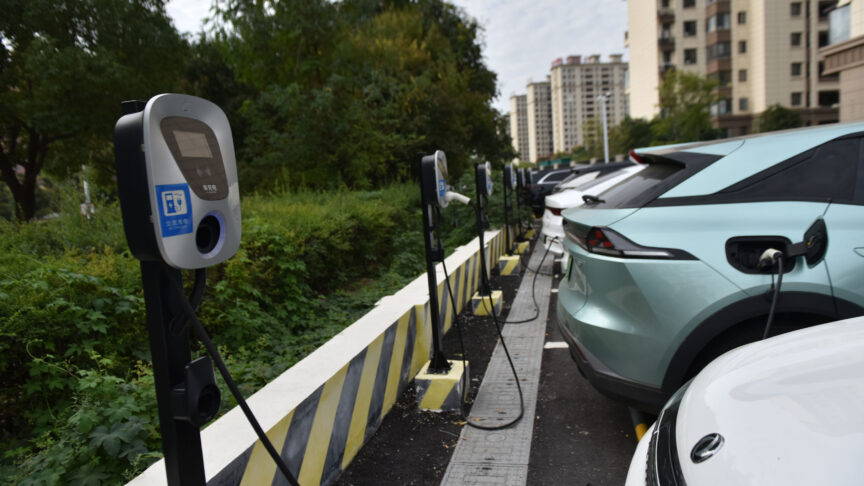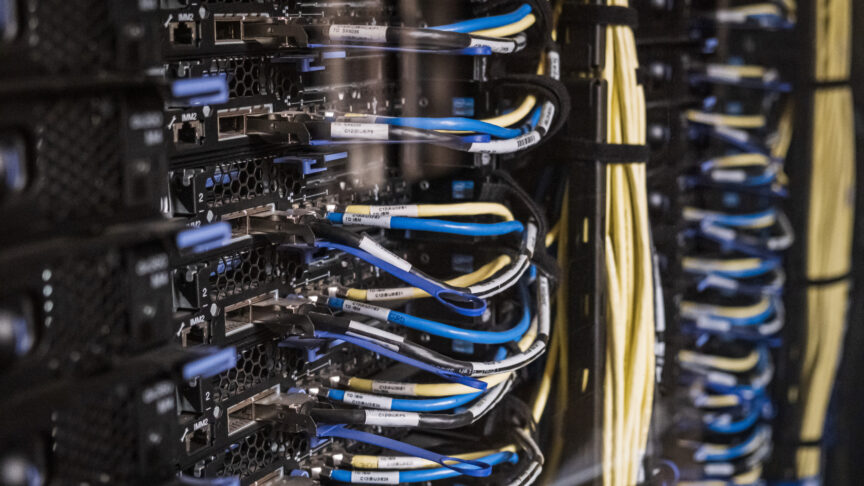Olaf Scholz: Tweeting on thin ice
The measure of Germany’s credibility is not only in polite compliance with the geopolitical course set by the US. It also lies in actively shaping this course and leading the EU in a responsible manner
On 13 February 2022, German Chancellor Olaf Scholz finally appeared on Twitter. He used his first tweet to congratulate Frank-Walter Steinmeier on his re-election as president of Germany that day. But this was not the reason for the chancellor’s decision to embrace Twitter – nowadays, it is the medium that provides politicians with the greatest visibility. Scholz visited Kyiv on 14 February and Moscow the day after that. He had long faced significant criticism for his inactivity on Twitter and, more importantly, on the Russia-Ukraine crisis. So, at stake in these new efforts at engagement were not just a potential opportunity to de-escalate the Russia-Ukraine conflict but also the reputations of Scholz as a statesman and Germany as a pillar of the West.
“Working for peace is our goddamn duty,” Scholz tweeted after speaking to Russian President Vladimir Putin, before adding the well-known formula: “lasting security cannot be achieved without Russia.” While in Kyiv, he tweeted that Ukraine’s sovereignty was “not negotiable”. But he chose his words on possible sanctions carefully, writing: “we’ll know what to do.” So, Scholz’s Twitter diplomacy was not especially brilliant. But has it achieved its main goals?
Critics who expected the German social democrat to take a conciliatory line may have been surprised. Standing next to Putin at the press conference after their three-and-a-half-hour conversation, Scholz did not beat around the bush. In a monotonous but firm voice, he criticised Russia’s recent ban on human rights organisation Memorial; he said that the accusations against opposition leader Alexei Navalny had no legal basis; and he took his first question from a journalist representing Deutsche Welle – a broadcaster that the Kremlin recently expelled from Moscow. Scholz even tried to skewer Putin himself by alluding to the undemocratic system of government that allows him to stay in power for as long as he wants. He also distanced himself from his predecessor, Gerhard Schröder, who is now a Gazprom lobbyist. Scholz did not seem embarrassed, nor did he allow himself to be cornered by Putin.
Scholz stated that Ukrainian membership of NATO would not be on the agenda any time soon. The previous day in Kyiv, he had said the same thing, with President Volodymyr Zelensky adding that NATO membership was a “dream of the Ukrainians”. Everyone knows that such dreams do not come true instantly or easily, so it is not difficult to read the leaders’ intentions: to expose Putin’s cynicism in turning Ukraine’s allegedly imminent accession to NATO into a casus belli.
But, on this point, Scholz was walking a fine line. When he suggested that it was necessary to find a way for NATO to maintain its open-door policy without ignoring Russia’s concerns about Ukrainian membership, some interpreted this as a call to ‘Finlandise’ Ukraine. However, such interpretations say more about commentators’ and experts’ distrust of Berlin on this matter than about its true intentions. The chancellor did not rule out Ukraine’s accession to NATO in future; he stuck to the alliance’s official line.
Given the importance Scholz attributed to the Normandy format and the need to implement the Minsk agreement, he appears to see the process as the main way to avoid further confrontation
Scholz’s declarations on the Minsk agreement, which focuses on the conflict in Donbas, were perhaps even more important (and no less delicate). This is because Europeans take the lead in talks on the agreement – unlike negotiations between Russia and the West on issues such as arms control, NATO, and the European security order, which are led by the United States. The so-called Normandy format makes Germany, France, Russia, and Ukraine responsible for implementing the complicated and unclear Minsk agreement, which in 2015 prevented further escalation of that conflict. The parties have different interpretations of the agreement, but Russia wants to use it to weaken Ukraine. Indeed, on the day of Scholz’s visit to Moscow, the Russian Duma adopted a resolution calling on Putin to formally recognise the separatist republics in Donetsk and Luhansk. This is a clear sign of an attempt to force Ukraine to make concessions on the Minsk agreements. There are many indications that this is where Putin is looking for the “progress” that he would count as a success, and that could lead to the de-escalation of the crisis – at least temporarily.
In Moscow, Scholz also delivered an important promise from Zelensky. Following the commitments made in Minsk, Ukraine would soon present proposals for key legislation regarding the status of Donbas and the elections to be held there. But, here, Scholz was on shaky ground indeed, because such activities – perhaps following pressure from Paris – may mean acceding to Moscow’s demands and making risky compromises. Given the importance Scholz attributed to the Normandy format and the need to implement the Minsk agreement, he appears to see the process as the main way to avoid further confrontation. This approach need not be a policy of appeasement. Instead, it could be an attempt to involve Putin in further diplomatic talks, delaying a possible invasion. But, as on the NATO question, Berlin’s intentions will be closely scrutinised by people across the world.
On the morning of 16 February, Scholz’s Twitter account was silent. And Russia did not invade Ukraine. It is difficult to see this as having resulted from the chancellor’s recent diplomacy, even if some members of his party interpreted it as such. The situation remains extremely tense. And there was nothing reassuring in Putin’s comments in his conference with Scholz about an alleged “genocide” in Donbas and the need for an “immediate” solution to the question of Ukraine’s membership of NATO. Events in recent days indicate that the sides may not be any closer to a diplomatic solution.
In Kyiv and Moscow, Scholz appeared to faithfully hold to the Western line. He reiterated this message in a strong speech at the Munich Security Conference. Rather than discuss the construction of a new European security architecture, he defended its current foundations. Indeed, fears that Germany could break with its allies in the current crisis had been exaggerated from the beginning. But the measure of Germany’s credibility is not only in polite compliance with the geopolitical course set by the US. It also lies in actively shaping this course and leading the EU in a responsible manner. Following his successful tour, Scholz will need to send further signals that Berlin is ready for such leadership – and not only on Twitter.
This commentary was first published in Polityka on 16 February.
The European Council on Foreign Relations does not take collective positions. ECFR publications only represent the views of their individual authors.



